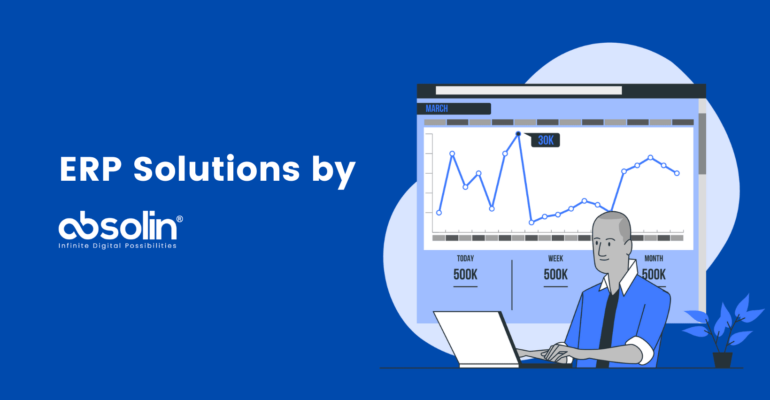A quick look back at the 2021 trends of ERP systems
ERP systems are evolving to embrace new technology and serve a greater range of operations as organizations rely more heavily on them to manage their businesses.
From back-end activities like accounting, HR, procurement, and manufacturing to front-office procedures like sales force automation (SFA), marketing automation, and e-commerce, enterprise resource planning (ERP) solutions have evolved and expanded their scope to serve most company functions. Businesses use ERP to not only save money by removing redundant procedures and automating mundane operations but also to give employees access to crucial data so they can make better decisions faster.
We’ll go over eight key trends that we have observed in 2021.
Cloud ERP
Businesses are adopting cloud ERP to take advantage of a simpler deployment, lower costs, elasticity (i.e., the ability to only use the necessary resources at any given time), new functionality, less need for internal IT resources, and the ability to easily add users and functions to accommodate business growth.
The pandemic has further illuminated the value of cloud ERP and accelerated the shift from on-premises software, partly because cloud-based applications allow employees to get their work done from anywhere with an internet connection—they don’t need to be in an office.
Two-Tier ERP
Historically, many companies tried to deploy a single ERP system for both the headquarters and all regional offices and subsidiaries. subsidiaries often had specialized requirements, didn’t need the full functionality of the corporate system, and struggled with the one-size-fits-all approach.
That’s why two-tier ERP is one of the top ERP trends in 2021. Two-tier ERP is a strategy that enables organizations to leverage their investment in existing ERP systems at the corporate level (tier 1), while subsidiaries and divisions operate using a different ERP solution (tier 2), which is often cloud-based. As Gartner puts it, large organizations should “assess whether a two-tier ERP strategy would offer more business benefit than a single-tier one, especially by modernizing small, potentially fast-growing business units.”
Digital Transformation
Digital transformation refers to integrating digital technology into all business functions to improve daily operations. This approach can often boost revenue and competitiveness while increasing employee productivity and improving customer service and communication.
Since an ERP suite typically touches most areas of a company, it’s a logical place to start to facilitate this transformation.
Integration with ERP
Some companies integrate ERP with e-commerce to improve online order workflows, automatically triggering order fulfillment, updating inventory levels, and recording payment.
The year ahead will also see a greater connection between social media and ERP. By integrating data from social media interactions with sales order history and communication with customers, companies can gain more insights into the entire sales process and experiment with new ways to target and sell.
Personalization
Historically, ERP platforms with complex scripting languages were difficult to customize to the specialized needs of each business. There’s also a growing range of ERP solutions tailored to the needs of specific industries.
As companies focus on delivering more personalized, relevant experiences to customers, they need ERP systems that can accommodate those needs with features like highly customizable dashboards.
AI-Powered Insights
Artificial intelligence and machine learning capabilities embedded into ERP systems work behind the scenes to help meet increased demand for personalization and improve a broad range of business processes.
Mobile ERP
ERP providers have offered mobile support for some time, and mobile apps are becoming the norm. Mobile ERP can also encourage collaboration for dispersed workforces in different time zones.
Mobile ERP apps designed with a user-friendly interface can help users get work done when they’re not in front of a computer. Mobile ERP offers real-time data and insights and provides overall benefits including always-on remote access, improved productivity, faster and more accurate data capture, and increased agility.
Do you need an effective ERP system for your business? Look at the best ERP solution in India at



